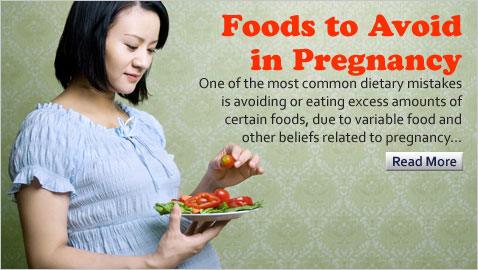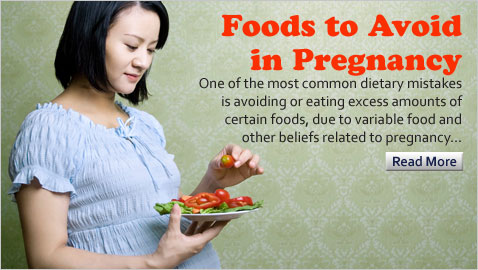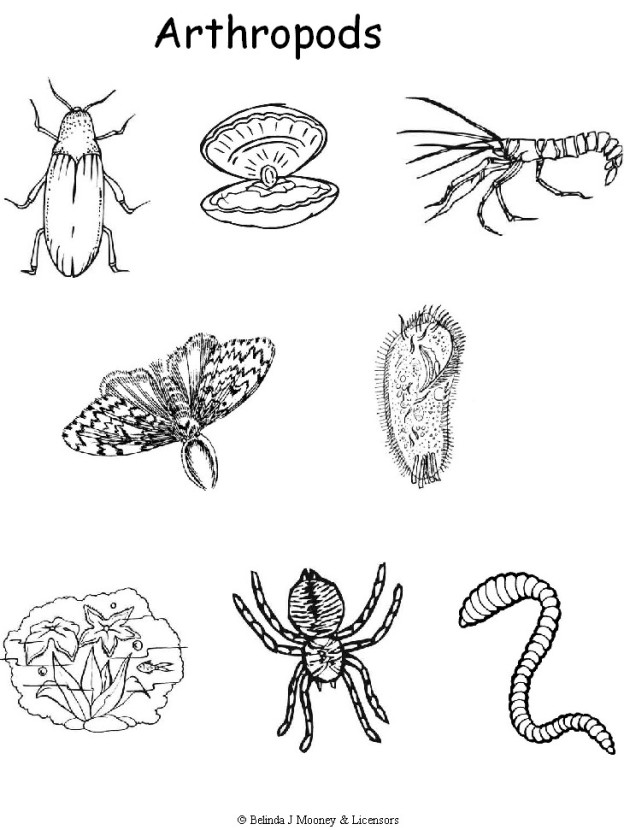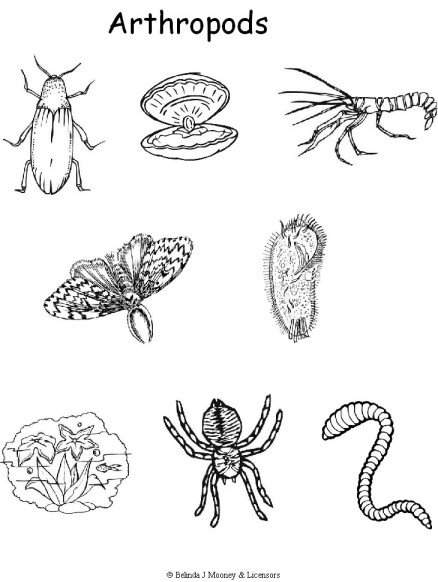What The Foods Should Be Avoid during Pregnancy~
Junk Food – All of your baby’s nutrition must come from you. If you fill up on junk, you won’t have room for the foods that can help your baby grow strong, healthy and beautiful.
Underco
Alfalfa and Other Raw Sprouts – The way most sprouts are grown is a breeding ground for bacteria. And alfalfa sprouts contain a natural toxin that could be harmful to your baby.
Raw or Undercooked Eggs and Soft Cheese – As with undercooked meat, soft cheese and raw eggs can carry bacteria. Be sure to thoroughly cook any egg products before eating them.
Mercury-High Fish – Some fish are very high in mercury. To get the omega 3 necessary for your baby’s brain development, I recommend a mercury-free fish oil supplement.
Spices and Herbs to Avoided According to Unani /Ayurveda during Pregnancy~
Most culinary herbs and spices are safe in small amounts during pregnancy and nursing. Some are even helpful. But many are not safe and can cause high blood pressure, miscarriage or even birth defects. Here’s a list of the main problem herbs:
Cinnamon a powerful spice that is excellent for easing menstrual cramps and the difficulty of childbirth when consumed at the appropriate times is known to be the woman’s herb. This herb, however, can be a very powerful abortive agent if consumed during pregnancy, stimulating contractions that can endanger the life of the fetus. Avoid drinking it as part of a tea or in high doses of spice.
Saffron is considered an herb which helps in providing glowing complexion. It should be avoided in pregnancy as it can cause a heat and increase the risk of miscarriage. Saffron can be taken along cold milk to reduce its heat effect.
Ajjwain or bishop seed has also shown similar effect as saffron. So avoid consuming it in large amount during pregnancy.
Some cereals like Bajra, Maki, Jowar and ragi are consider as body heating foods and are normally consumed more during winters. So it’s preferable to avoid such food during the first two trimesters of pregnancy. These cereals can be consumed in fortified form with wheat flour.
Some Points To Remember During Pregnancy~
Alcohol can cause Fetal Alcohol Syndrome, leading to birth defects, central nervous system dysfunction, severe mental retardation and other abnormalities.
Also avoid smoking, prescription or recreational drugs, toxic fumes from pesticides, cleaning products or gasoline, cat litter boxes and x-rays. These can lead to spontaneous abortion, low birth weight, birth defects or infant deaths.



